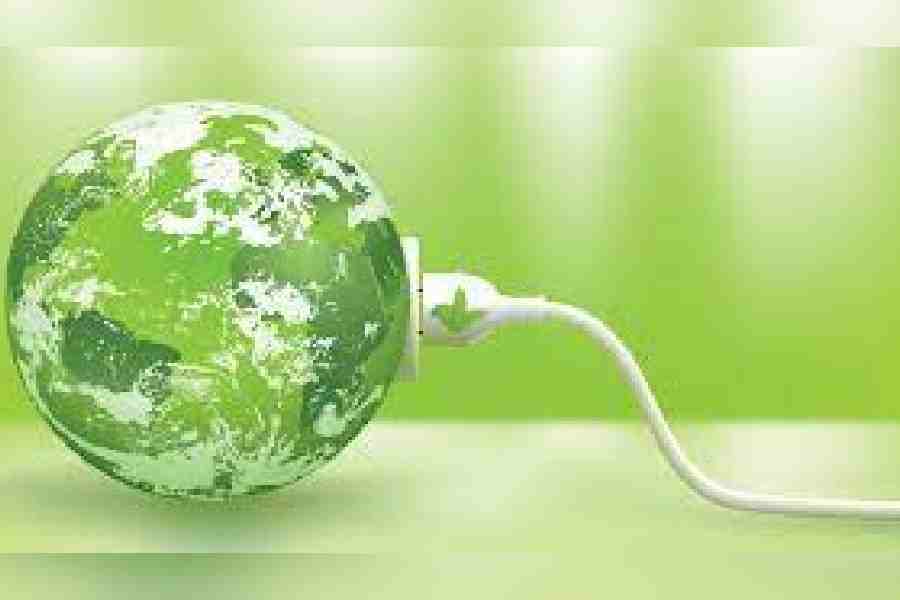Crisil has estimated a capital requirement of around ₹3 lakh crore (trillion)over the next two years (2024-25 and 2025-26) to support an increase in renewable capacity addition to 180 GW from 130 GW as of March 31, 2024.
The capital requirement is higher than the ₹1.8 lakh crore received in the previous two years (2022-23 and 2023-24).
Around 72-76 per cent of the estimated capital requirement is set to be met from debt financing, representing a wider role that public and private sector banks are expected to play to support credit flow to the sector.
“Requirements from lending institutions are going to increase in line with the projected capacity build-up. Hence, increased disbursements from large banks to provide debt capital has to be watched,” said Manish Gupta, senior director and deputy chief ratings officer, Crisil Ratings, said on Tuesday.
The renewable energy sector saw auctioned capacity of 35 GW in 2023-24, compared with an average of 14 GW in the previous three financial years. The pipeline of renewable projects was at 75 GW as of March 31, 2024, with a majority in the solar segment.
However, slow traction in the signing of power supply agreements for auctioned capacity in hybrid and FDRE (firm and dispatchable renewable energy) projects with the discoms is a concern.
“We are not seeing this as much of an issue in the vanilla projects. But, this is an issue in the hybrid projects. The tariff for these projects are on a higher side. These hybrid projects are supposed to provide round the clock power and, therefore, need to have additional markup on capacities as well to ensure a fixed supply, which results in a higher tariff,” Gupta said.
Data compiled in the quarterly report from JMK Research shows that against a tariff range of ₹2.54-2.62 per kWh for solar projects, the tariff for storage and FDRE projects was in the range of ₹2.99-5.6 per kWh during the first quarter of 2024.
Overall Crisil has estimated investments in key infrastructure sectors such as renewable energy, roads and real estate to grow by 38 per cent to ₹15 lakh crore in 2025 and 2026 compared with the previous two fiscals.
“The underlying demand drivers for these three sectors remain strong, with regular policy interventions fuelling investor interest,” said Krishnan Sitaraman, senior director and chief ratings officer, Crisil Ratings.











